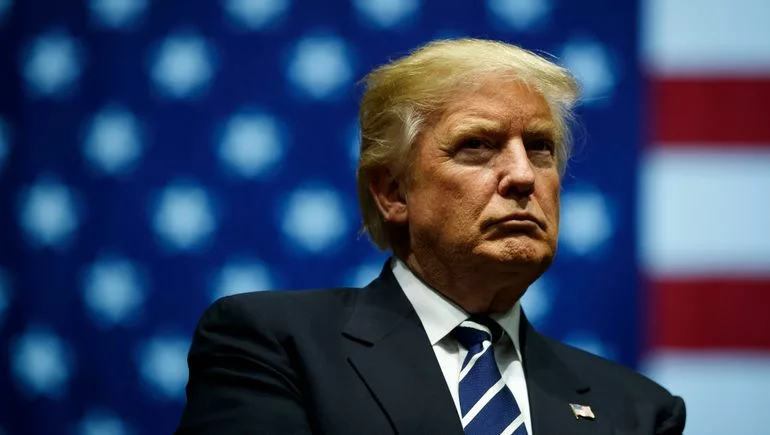[ad_1]
Dive Brief:
- The U.S. Department of Education has proposed rescinding part of a Trump-era rule requiring public colleges to ensure they are not denying benefits to religious student organizations because of the groups’ beliefs or policies.
- Though the Education Department supports religious freedom, it said in a Tuesday message, that piece of the regulation is unnecessary because public institutions must already follow the First Amendment. The Education Department is also ill-equipped to handle investigating public institutions’ treatment of religious groups, Nassar Paydar, assistant secretary for postsecondary education, said in the message.
- The department is asking for feedback on other aspects of the free inquiry rule, which the Trump administration issued in 2020. It’s seeking comment on parts of the rule dealing with free speech compliance and public grants.
Dive Insight:
For years, the Trump White House proclaimed the importance of protecting free speech and religious liberties on college campuses.
The issue became more visible in 2019, when the former president signed an executive order tying federal research dollars to colleges defending the First Amendment or free expression policies, depending on whether they were public or private institutions, respectively.
In 2020, the Education Department released its free inquiry rule as a follow-up to the executive order.
It outlined how colleges could have their federal grants pulled if they infringe on the First Amendment or their free expression policies. Though critics raised concerns about enforcing that part of the rule, the Trump Education Department said it would only try to punish colleges that had a final, non-default judgment against them in state or federal court.
The department has not been notified of any such court rulings, according to a regulatory document.
However, the Trump regulation did not outline how the department would track and potentially penalize public colleges that deny religious student groups’ rights. It only said the department could “easily investigate” such denials. Later, the department set up an email address to receive reports of alleged rule breaches.
Thus, the regulation “prescribed a novel and unduly burdensome role” for the department to investigate potential religious freedom violations at public colleges, Paydar said in his statement.
He said state and federal courts are best positioned to sort out First Amendment conflicts and that student faith-based groups can seek relief there if a public college infringes on their rights.
Paydar said the department has not seen evidence the regulation meaningfully helped religious student groups, “beyond the robust First Amendment protections that already exist, much less that it has been necessary to ensure they are able to organize and operate on campus.”
The Education Department said some faith-based and civil rights groups expressed fears that the rule could be interpreted to mean that public colleges must go beyond First Amendment protections.
This would “allow religious student groups to discriminate against vulnerable and marginalized students,” the regulatory document states.
The regulation itself could be read as a mandate for colleges to afford religious student groups preferential treatment and block them “from applying neutral, generally-applicable nondiscrimination policies that would otherwise be compliant with the First Amendment,” the document states.
Education Department officials are accepting feedback for the next 30 days on the idea of revoking the student group requirement. The department is also taking the next month to hear feedback on how to potentially change other elements of the rule related to public grant dollars.
[ad_2]
Source link
Meet Our Successful Graduates: Learn how our courses have propelled graduates into rewarding
careers. Explore their success stories here!
Discover More About Your Future: Interested in advancing your teaching career? Explore our
IPGCE, MA, and QTS courses today!

Explore Our Courses: Ready to take the next
step in your education journey? View our
comprehensive course offerings now!

